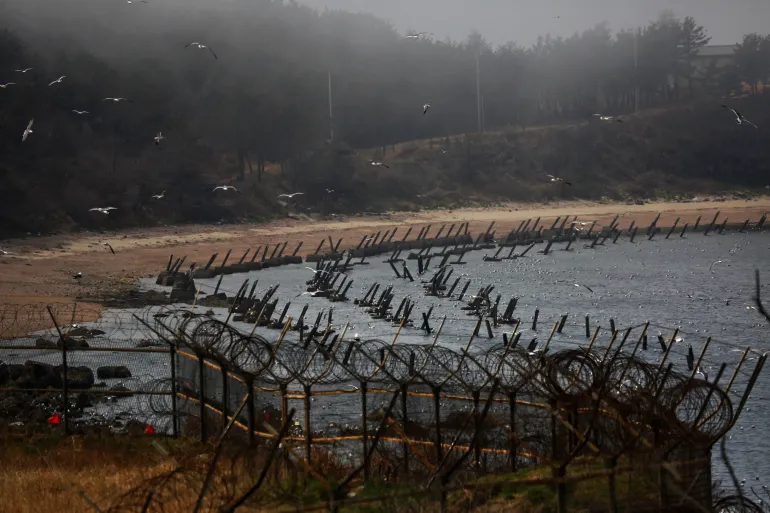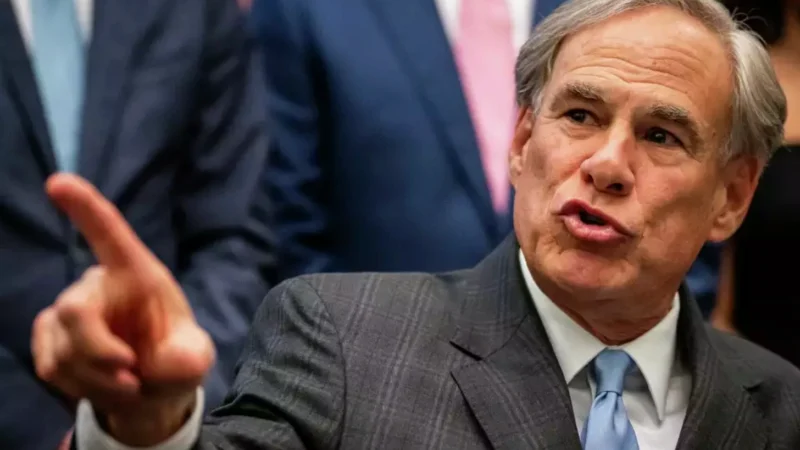Americans detained after trying to float rice, Bibles, and cash into North Korea

Six American nationals have been detained by South Korean authorities after they were caught trying to send plastic bottles stuffed with rice, U.S. dollars, and Christian Bibles into North Korean waters—an act that remains highly sensitive amid ongoing cross-border tensions.
According to reports from South Korea’s Yonhap news agency, the arrests occurred early Friday morning near Ganghwa Island, a restricted military zone that borders North Korea. The suspects, all U.S. citizens, were allegedly intercepted as they attempted to release nearly 1,300 bottles into the sea.
They were stopped after a coastal military unit stationed in the area spotted their activity and alerted local law enforcement, who moved in quickly to detain them. The stretch of coastline they targeted has been off-limits to the public since last November, when it was formally designated a danger zone due to its strategic proximity to the North.
For years, activists have sent various items—often by plastic bottle or balloon—across the border to North Korea, a practice that has triggered repeated outcries from Pyongyang and periodic diplomatic skirmishes.
Yonhap noted that a regional administrative ban remains in place specifically prohibiting the launching of anti-North Korean propaganda from that region. Just two weeks ago, on June 14, South Korean authorities arrested another activist for attempting to send balloons from the same island.
Two police officers confirmed the detention of the six Americans to The Associated Press but declined to provide further information.
The legal context surrounding these actions has shifted in recent years. In 2023, South Korea’s Constitutional Court overturned a 2020 law that criminalized the act of sending leaflets and materials across the border, deeming it an undue infringement on free speech.
Despite the ruling, the new administration under President Lee Jae-myung, which came into power earlier this month, is taking a firmer stance. Citing public safety and national security, Lee’s liberal government is pushing to enforce other regulatory measures to prevent citizen-led provocations that could escalate tensions with Pyongyang.
Lee assumed office with a vow to rekindle dialogue with North Korea and stabilize the Korean Peninsula. His administration has already halted controversial front-line loudspeaker broadcasts directed at North Korea, and in turn, the North appears to have ceased its own propaganda transmissions in return.
Whether the North Korean regime will reciprocate in any meaningful way remains unclear. The North has repeatedly dismissed diplomatic overtures, having declared in 2023 its intent to cut off all ties with the South and formally abandon reunification as a policy goal.
High-level inter-Korean dialogue has remained frozen since 2019, when U.S.-led negotiations over denuclearization collapsed, and no significant breakthroughs have emerged since.
Note to our readers: This article draws from verified information provided by South Korea’s Yonhap news agency, ABC News and The Associated Press. All facts have been independently confirmed to ensure journalistic accuracy.



